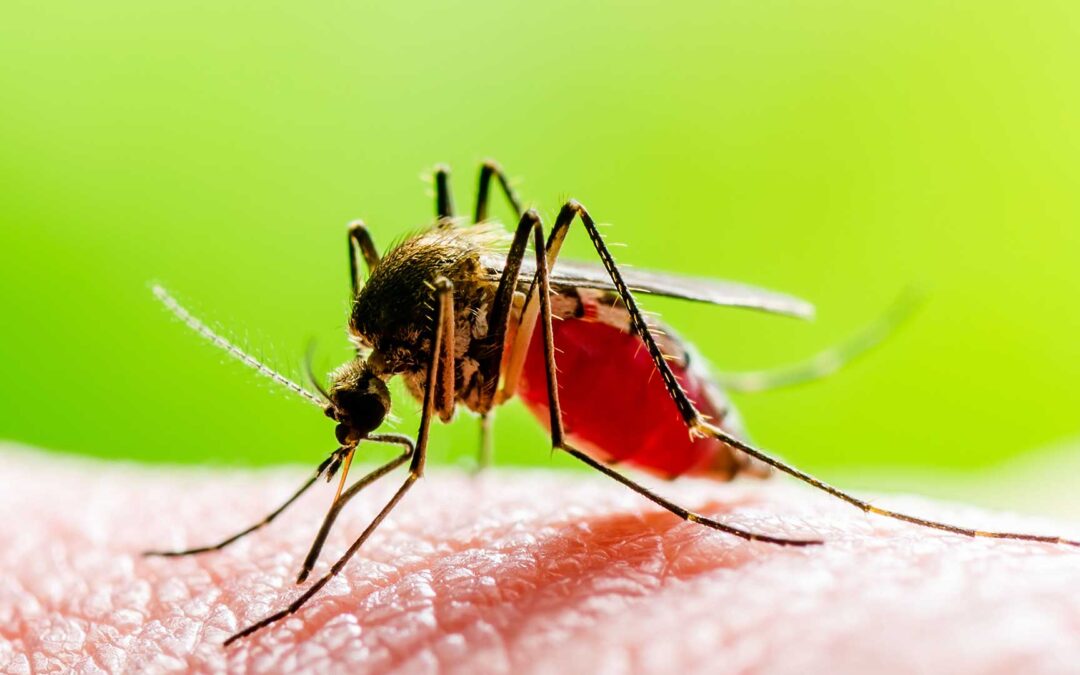What is Chikungunya?
Chikungunya is a virus spread by infected mosquitoes. It has occurred in Southeast Asia, Africa, Southern Europe and on the islands in the Indian and Pacific Oceans. It first came to the Caribbean at the end of 2013. The first case in Haiti was reported in February.
Chikungunya, Dengue Fever, Malaria: What’s the difference?
Chikungunya and dengue fever are both spread by the same species of mosquito, the Aedes Agypti. These mosquitoes are most active during the day and often breed near water storage areas inside or outside the home. Malaria is spread by Anopheles mosquitoes, most active from dusk to dawn. (And if you’re really into mosquito species, Chikungunya is also spread by the Aedes Albopictus mosquito.)
Chikungunya and dengue fever both present symptoms of fever and sometimes a rash. Chikungunya also has severe joint pain and arthritis, while dengue fever involves muscle pain.
Malaria symptoms begin around two weeks after you are bitten by an infected mosquito. Dengue fever begins around 3-4 days after; Chikungunya symptoms can appear within 3-7 days after being bitten and you can get it multiple times.
What is the treatment for Chikungunya?
Similar to dengue fever, there’s not a specific treatment for the virus. You basically just treat the symptoms. Acetaminophen (Tylenol) is the best option for the severe joint pain, fever, and headache. Aspirin and ibuprofen are not recommended. Benedryl can be useful for itching and rash. Leg swelling is also a side effect of the virus. Getting lots of rest and drinking lots of water are important. Most patients feel better within a week.
How can you reduce your risk of infection?
If you’re planning a trip to Haiti, here are some tips to help protect yourself from the virus. Unfortunately, like dengue fever, there are no preventative medications available, but following these precautions will decrease your likelihood of contracting the virus:
Use bug repellent and be diligent about reapplying throughout the day. Some suggest repellent with a high concentration of DEET. Just be warned that some strong bug sprays can damage clothing and other materials. Perhaps bring a couple options to try out. Online sources suggest wearing long-sleeves and pants, but face it—Haiti is HOT! If you’re able to do that without overheating, great. Some outfitter stores do carry great lightweight clothing, even some treated with insecticide. Supposedly keeping yourself hydrated can help. That’s always a good idea regardless!
What preventative measures do we have in place at the guesthouse?
We have screens on all the doors and windows
We are careful not to let any standing water gather outside or inside the guesthouse
We spray insecticides around the yard on a regular basis.
We have indoor insecticides that we use as necessary.
We even have a cool mosquito racket that zaps the blood suckers into oblivion!
We have single pop up tents available that fit on top of the mattress and keep out mosquitoes, though again, there’s a very limited number of mosquitoes that enter inside the guesthouse.
We run air-conditioning when the generator is on which helps keep mosquitoes out.
Have I contracted Chikungunya?
Thankfully, no! I’m praising the Lord for that and praying that I continue to stay healthy and immune!
________
Click here to download the CDC fact sheet on Chikungunya.

